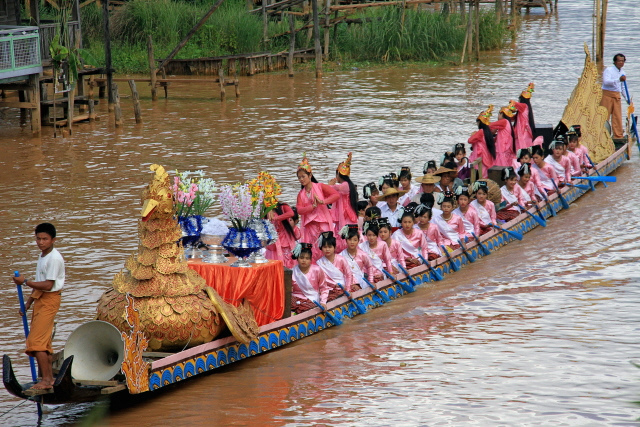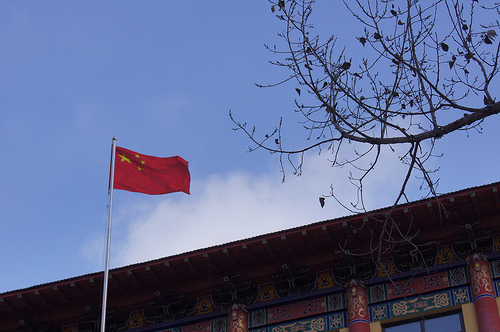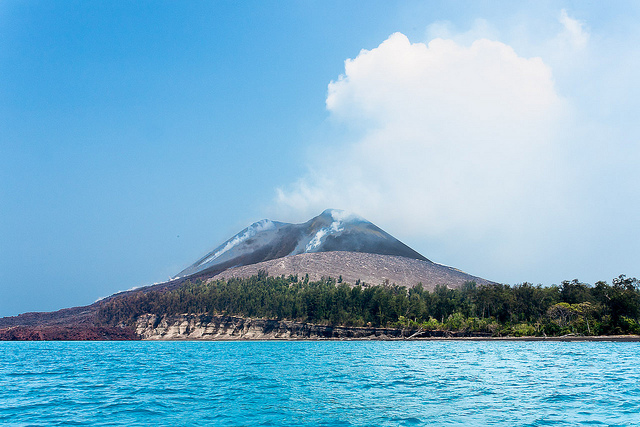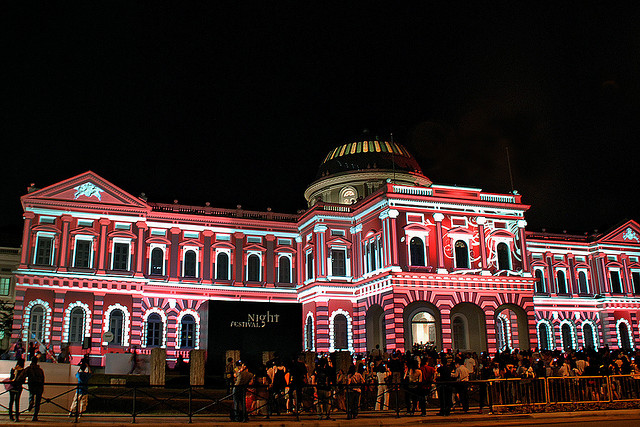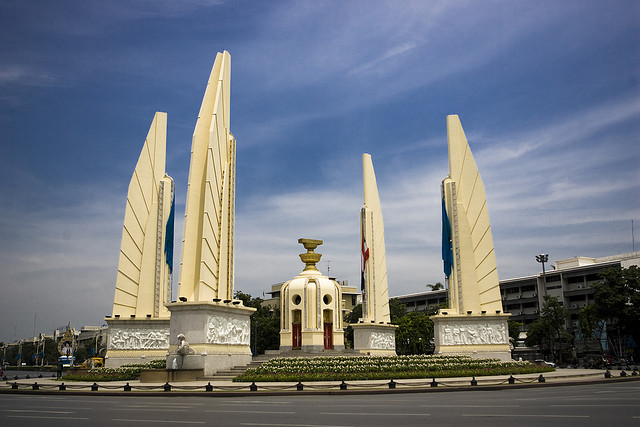Japan is a country with deep cultural and historical roots. Its faith is also an important factor, with the country celebrating many festivals all throughout the year. However, not all holidays are considered nationwide public holiday and may vary from region to region.
Japan’s official public holidays are established by the Public Holiday Law of 1948. For 2013, the following dates are declared as non-working days, where banks and most offices are closed for business. This law also states that if a national holiday happens on a Sunday, the next working day will be a public holiday. If a regular day falls between two holidays, then that day is also considered a holiday.
New Year’s Day – January 1, Tuesday
Japan’s New Year’s Day was established in 1948 and it signals the start of the country’s New Year season. It can refer to the first one, three or seven days of the year. Most stores and workplaces are closed on this day.
Coming-of-Age Day – January 14, Monday
In Japan, the age of maturity is at 20 years, so this holiday celebrates those who have reached that landmark age.
National Foundation Day – February 11, Monday
This holiday celebrates patriotism, and encourages the people to nurture their love for the country.
Vernal Equinox Day – March 20, Wednesday
This is a holiday that is related to the Shinto faith, but is celebrated as a non-religious holiday. It occurs on the date of the Northward equinox according to Japanese Standard Time.
Showa Day – April 29, Monday
Prior to the death of Emperor Hirohito in 1989, April 29 has been the declared Emperor’s Birthday holiday. The date was moved when Emperor Akihito took over the throne, and April 29 was renamed as Showa Day. It encourages people to reflect on the Emperor’s tumultuous reign, rather than the man himself.
Constitution Memorial Day – May 3, Friday
This holiday commemorates the establishment of the current Japanese constitution.
Greenery Day – May 4, Saturday
Midori no Hi is set as a day to appreciate nature and be thankful for the blessings it gives each year. Originally held on April 29, it was moved its present date in 2007.
Children’s Day – May 5, Sunday
Children’s Day or Kodomo no Hi celebrates and honors the young children. Families with sons fly koi (golden carp) streamers outside their homes. Japan’s version of the Dragon Boat Festival also happens on this day. Kodomo no Hi also marks the end of the Golden Week. In 2013, Children’s Day falls on a Sunday so the next day, May 6 Monday, is declared as a holiday.
Marine Day – July 15, Monday
Japan is a highly maritime nation, and this day celebrates the bountiful blessings the powerful ocean gives the country. The day was originally celebrated on July 20 but changed to its present date because of the “Happy Monday System”.
Respect-for-the-Aged Day – September 16, Monday
Japan has a sizable population of elderly people, and like most Asian nations, hold them in high esteem. This holiday was set to give respect to them, as well as to celebrate the beauty of a long life. Again, this holiday was set to its present date because of the “Happy Monday System”.
Autumnal Equinox Day – September 23, Monday
The Autumnal Equinox Day is another Japanese holiday that honors their ancestors and their departed ones.
Health-Sports Day – October 14, Monday
This holiday was first established two years after the 1964 Tokyo Olympics. It is a day where people are encouraged to participate in sports activities, as well as the promotion of a healthy body and sound mind.
Culture Day – November 3, Sunday
Culture Day commemorates the day when the Japanese Constitution was announced. It pushes the celebration of the Japanese culture, as well as peace and freedom. Because it falls on the Sunday, the succeeding day, November 4, Monday, is when Culture Day is observed.
Labor Thanksgiving Day – November 23 (Sat.)
Instead of celebrating May 1 Labor day like the rest of the world, Japan observes Labor Thanksgiving Day, an occasion for celebrating the labor and production force of the country.
The Emperor’s Birthday – December 23 (Mon.)
The Japanese believe that their Emperor is a direct descendant of heavenly gods, hence the name of this holiday “Tennō Tanjōbi” with the word “tennō” carrying the character that means “heaven”. This holiday celebrates the birthday of the reigning emperor, and has been observed since 1868. December 23 is the birthday of the current ruler, Emperor Akihito.
Happy Monday System
Notice that several of Japan’s holidays fall on a Monday? That is no coincidence, but rather a result of the country’s “Happy Monday System”. This is a set of modified Japanese laws that moves several public holidays to Monday, allowing a three-day weekend for those who typically work for five days a week.
Golden Week
Golden Week or Ōgon Shūkan is the term given to the time period that covers the holidays that fall on April 29, May 3, 4 and 5.
Bank Holidays
The Bank of Japan follows the prescribed holiday dates, but often declares a few days each year as a Bank Holiday. For 2013, January 2 and 3, and December 31 are declared as bank holidays and operations are closed on those dates.
